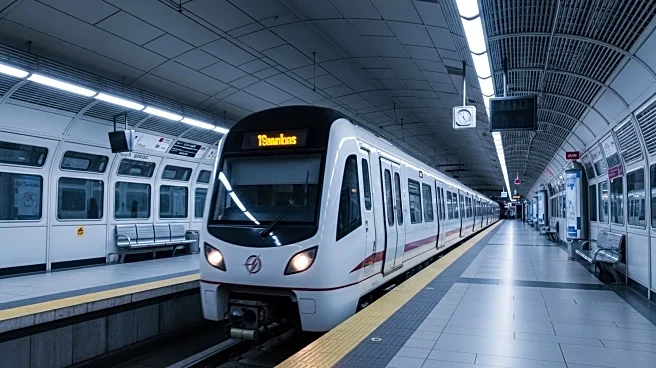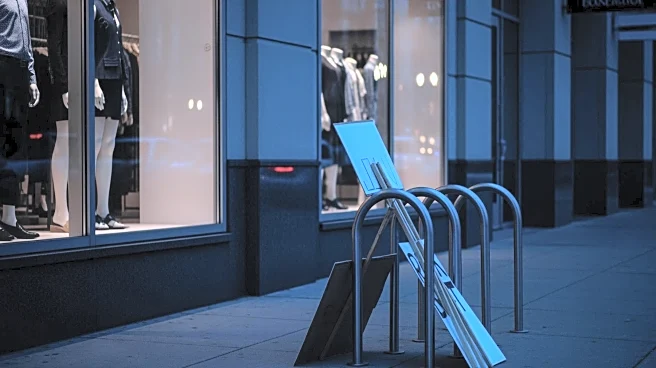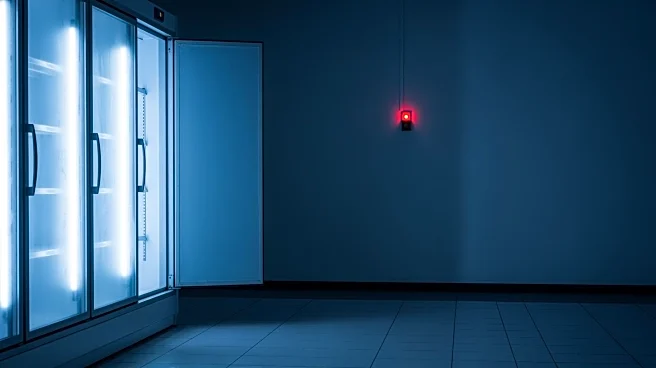What is the story about?
What's Happening?
The Chicago Transit Authority (CTA) has proposed fare increases as it faces a significant budget gap for the upcoming year. The proposed hikes include a 25-cent increase per ride, marking the first fare adjustment since 2018. This move comes as the CTA anticipates a potential 25% reduction in bus and train services due to financial constraints. The agency's acting president, Nora Leerhsen, has highlighted the fiscal crisis stemming from depleted federal pandemic aid and lower ridership levels compared to pre-2020 figures. The proposed budget for 2026 is approximately $2.09 billion, with fare increases expected to generate an additional $30 million to $35 million in revenue.
Why It's Important?
The proposed fare hikes are crucial as they aim to address the CTA's looming budget deficit, which could lead to significant service cuts affecting thousands of commuters. The financial challenges faced by the CTA reflect broader issues within public transit systems nationwide, as many agencies struggle with reduced ridership and the expiration of pandemic-related funding. The fare increases could impact low-income riders disproportionately, raising concerns about accessibility and equity in public transportation. Additionally, the budget shortfall highlights the need for sustainable funding solutions to ensure the long-term viability of transit services in urban areas.
What's Next?
The CTA's proposed fare increases are subject to approval by the agency's board, and discussions with state lawmakers are ongoing to secure additional funding. The Illinois legislative veto session may present an opportunity for lawmakers to address the transit funding gap and potentially avert severe service cuts. The CTA has outlined contingency plans, including administrative and management personnel reductions, to mitigate the impact of budget constraints. The agency is also considering reviewing bus routes and rail lines for productivity and equity to minimize service disruptions. The outcome of these efforts will be critical in determining the future of public transit in Chicago.
Beyond the Headlines
The CTA's budget challenges may prompt broader discussions on the role of public transit in urban planning and sustainability. As cities grapple with financial constraints, there may be increased emphasis on innovative solutions such as public-private partnerships and technology-driven efficiencies to enhance transit systems. The situation also underscores the importance of addressing systemic issues like funding disparities and ridership trends to build resilient and equitable transportation networks. Long-term, the CTA's experience could influence policy decisions and transit strategies in other metropolitan areas facing similar challenges.

















